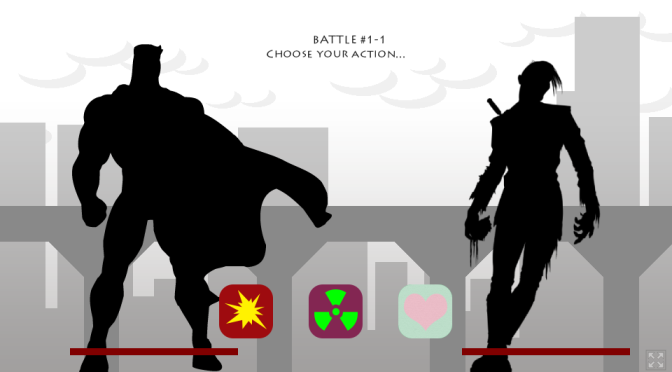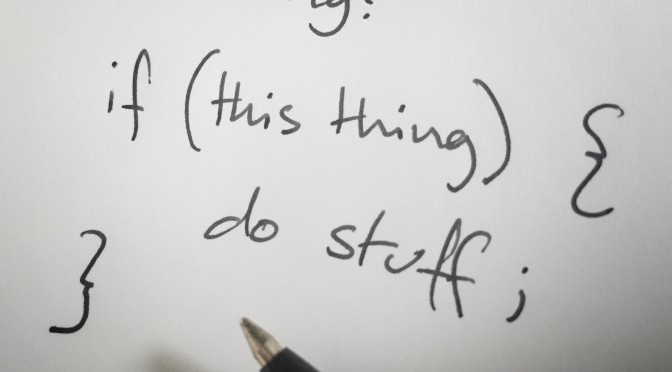I have committed to doing one game a month in 2016, both to challenge myself to be productive and to think and plan within the confines of this relatively tight deadline, but also to produce a number of prototypes to build on, when it comes time to pick a new game.
You can find all our prototypes on our site, but if you want to see the ones created for this project specifically, take a look at our new itch.io page.
In January, I made COMBATIVE, a turn-based fighting game. You can earn rewards, upgrade your champion, and such goodness.
In February, it was dotSprinter. I found myself running low on time and ended up going with a simple dot-matching game, where you are racing the clock.
There is no plan ahead of time, so what we will see in the months to come is unknown at the time of writing. There are many more ideas than there is time, which ties in nicely with the challenge of working within the deadline.
If you’d like to know more about the one-game-a-month thing, check the #1GAM hashtag on Twitter. I hope you’ll follow along on this journey throughout the year. If you find that you like one of the games more than the others, do let me know.


